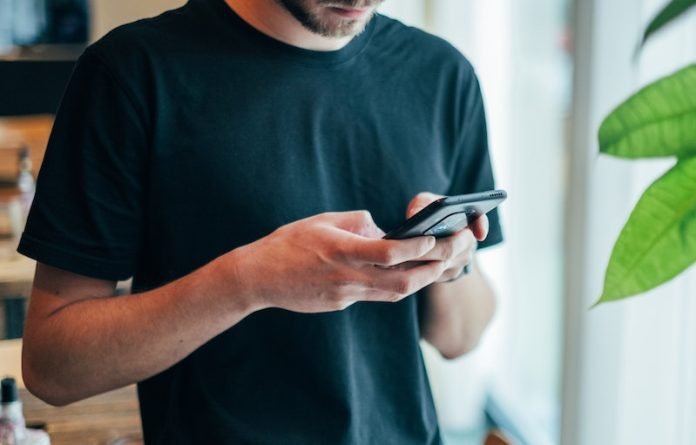
In a study from the University of Colorado and elsewhere, scientists found people with Type 2 diabetes who were given a smartphone app that delivers personalized cognitive behavioral therapy (CBT) saw much greater reductions in their blood sugar and less need for higher doses of diabetes medications.
They found a clear “dose effect”, with patients completing more CBT lessons seeing the greatest benefits.
Digital CBT also had a positive effect on mental health outcomes, including depression and quality of life scores over six months.
Lifestyle is the foundation of diabetes management to reduce blood sugar levels and the long-term consequences of elevated blood sugar, which can include high blood pressure, heart disease and stroke.
Traditional one-on-one CBT delivered in a therapist’s office has been shown to be effective, but it is expensive and may not be covered by health insurance.
The team says much of diabetes stems from unhealthy behaviors—making poor food choices, overeating, stress eating, not exercising—that are generally rooted in unhelpful patterns of thinking and modes of coping with environmental stresses.
CBT has been shown to be effective at helping people develop the skills to recognize the unhelpful thoughts and beliefs that trigger their unhealthy behaviors and to establish healthier patterns of thinking and behavior.
In the study, the team examined 668 people with diabetes whose average age was 58 years and obese. At study enrollment, participants were taking an average of two medications to control their blood sugar levels.
Half of the participants were assigned to the CBT app (BT-001) and half to a control app, which asked some questions but did not provide tailored lessons or skills.
Those assigned to the CBT app were asked to complete one lesson per week aimed at skill development and behavior change but could complete more lessons if they wished.
At three months, people using the app saw a reduction in HbA1c of 0.4%, which was strong and similar in magnitude to what is achieved with most blood sugar medications.
At six months, these participants maintained this reduction, which remained much lower than the control group.
The team found the more CBT lessons they did, the greater the reductions in HbA1c they achieved. Participants aged over 75 did as well as younger patients if they completed the same number of lessons.
The CBT program was not time consuming, with users typically spending less than six minutes a day using the app.
If you care about diabetes, please read studies about a cure for type 2 diabetes, and these vegetables could protect against kidney damage in diabetes.
For more information about diabetes, please see recent studies about a major breakthrough in diabetes treatment, and new therapy for type 2 diabetes remains effective 2 years later.
The study was conducted by Marc P. Bonaca et al and presented at the Annual Scientific Session Together With the World Congress of Cardiology.
Copyright © 2023 Knowridge Science Report. All rights reserved.



